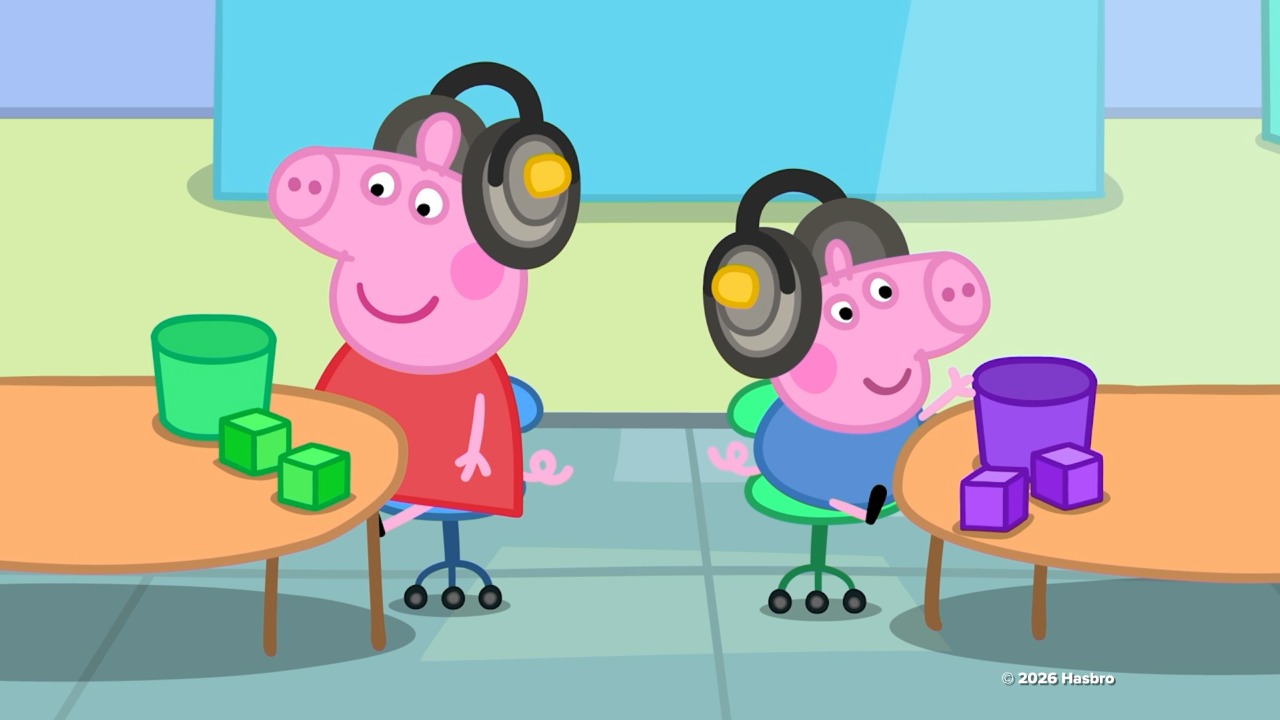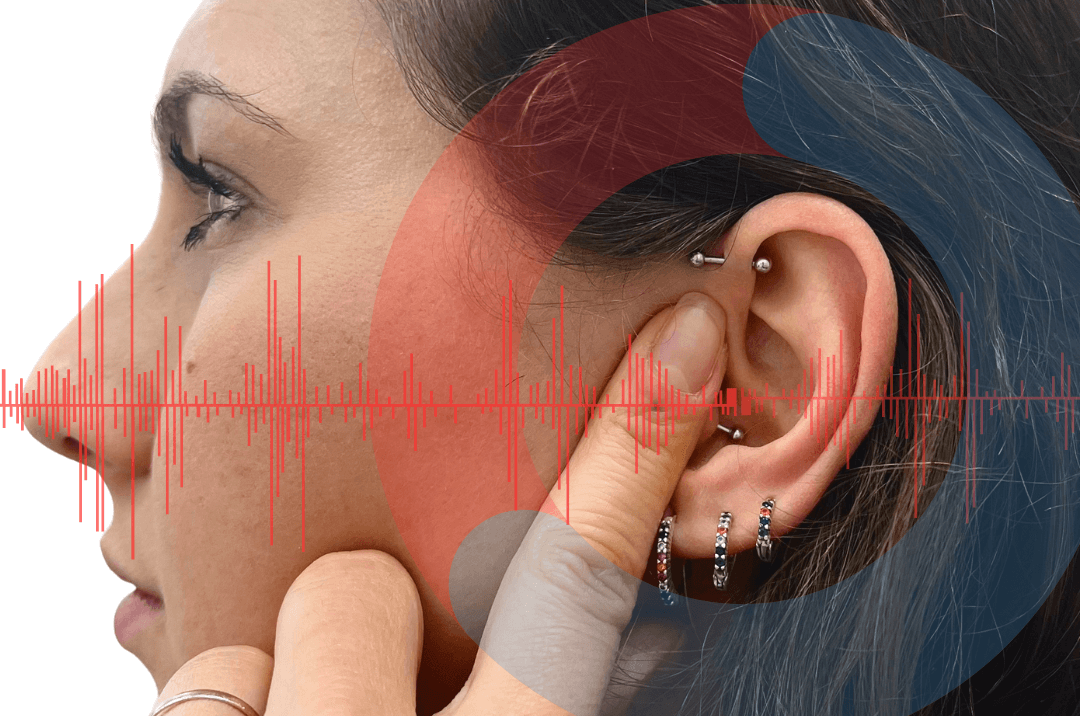So, easy answer; you hear with your brain and not with your ears. However, we need our ears to capture the sounds. It is the brain that understands these sounds for us so we know what we are hearing. Our ears deliver all sounds we hear to our brain, even when we are asleep, our ears are still working and sending sound information to our brains.
What does the brain do?
It is your brain that then does the hard work. It filters out any irrelevant sounds, for example, other people talking in a restaurant or traffic noise in the background. The brain is constantly working to decide how much attention we should give to each sound that is heard. Before the brain can make any decision, it must first extract meaning from the mass of overlapping sound waves that fill the air. The brain takes the sound signals from both of our ears and the compares them. By doing this, the brain can locate the source of different sounds. We use location information to determine which sounds are coming from where; objects, people or animals.
Sound memories
Once the brain singles out a sound source, it compares these sounds to our memory so it can recall if we have heard it before. Obviously, there are some occasions when the sound is brand new. When this happens, a new memory is made ready for comparison next time we hear it. In the meantime, the brain alerts us to danger as it’s registered an unknown sound. Your brain needs to take the sound data from your ears and then turn it into something meaningful, for example, our brain can work out how large a space is depending on how long it takes the sound to echo. The brain can also determine the types of surface there are in a room from the way they change the sound, as it bounces them off them on its way to our ears. All of this problem-solving happens simultaneously in the brain.
Make it louder?
Now we have learnt that it is the brain that transforms sounds into meaning, it is important we understand that good hearing isn’t just just solved by making sounds loud enough. Good hearing requires ensuring the brain gets all the sound information it needs. If your brain doesn’t get the right sounds to work with, it takes intense effort to extract meaning from the sound. If there are missing sounds, the brain tries to fill the gap which can be a difficult and exhausting process.
How hearing aids help
Instead of turning up the volume and overloading your brain, we need to support the brain by giving it the conditions it needs. So that it can properly extract the meaning of the sound, the brain needs access to the full soundscape so it can naturally focus on the most relevant sound sources. Luckily for us, hearing aids can help us with this. Hearing aids act as powerful processors and help the brain distinguish the sounds. When an Audiologist fits a pair of hearing aids, the aids work to compensate for any missing parts in the soundfield meaning the conditions in which your brain is designed to work are improved.
If you feel that you could benefit from a little help with your hearing, do not hesitate to get in touch. We would be so happy to help!
[html_block id=”3745″]




